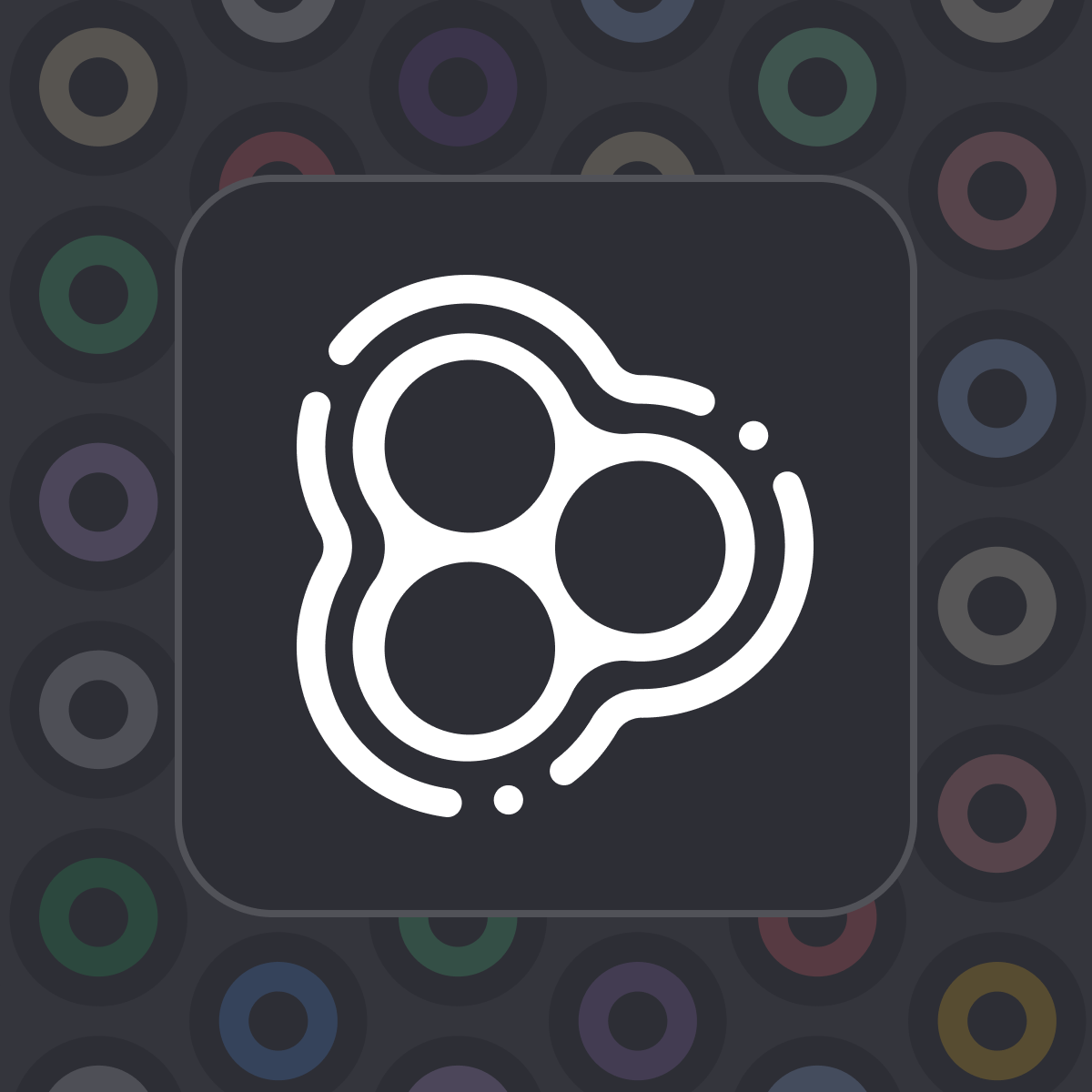A friendly programming language from the future.
There take on what they call capabitilites is very interesting. Basically anything that would make a function non-pure seems to be declared explicitely.
A computational effect or an "effectful" computation is one which relies on or changes elements that are outside of its immediate environment. Some examples of effectful actions that a function might take are:
- writing to a database
- throwing an exception
- making a network call
- getting a random number
- altering a global variable
"Capabilities" is the new "Functional Programming" of decades prior,
Scala is also expanding in this area via the Caprese project: https://docs.scala-lang.org/scala3/reference/experimental/cc.html and it promises Safe Exceptions, Safe Nullability, Safe Asynchronicity in direct style/without the "what color is your function" dilemma, delineation of pure vs impure functions, … even Rust's borrow checker (and memory guarantees) becomes a special case of Capabilities.
I believe this is a major paradigm shift, but the ergonomics have yet to be figured out and be battle-tested in the real world. Ultimately, like for Functional Programming Languages (OCaml, F#, Haskell, …) I don't expect pionniers like Unison/Koka/Scala to ever become mainstream, but the "good parts" to be ported to ever the more complex and clunky "general purpose" programming languages (or, why I love Scala which is multiparadigm and still very thin/clean at its core).
Some of the solutions it claims to provide would be genuinely great. I can't tell if it delivers. It definitely looks pre-alpha stage. I really hope it's not locked-in to their cloud platform.
The distributed computing aspect is very interesting, but the documentation is a mess. I applaud trying to use different and understandable terms than Haskell and other functional languages (monad, monoids, functors, applicative functor, etc.), but the examples are too verbose.
Concerning distributed computing, writing code that seemingly has no boundaries would be a major step forward for web development. Having to split models between client and server, come up with an API that follows some convention, find a solution for client-library generation, and so much more, is tedious, repetitive, and error-prone. Having most of that handled and having blurred boundaries would make writing web applications pleasurable again.
At the moment, unison looks like an iteration on the right path, but there is a lot of work to do in making it accessible and understandable.
I tried to get into this language about 6 months ago and lets just say it was pure pain. Trying to make anything simple for learning was just a mess. Nearly no support from editors(Apart from VSCode but that does not count). And Documentation was overwhelming. It may be useful in some cases but due to its sheer complexity(I did not even managed to create a simple calculator) i dont think it would a big language.
Edit: typos
That looks like line noise to me, but then again you get over syntax pretty quickly.






